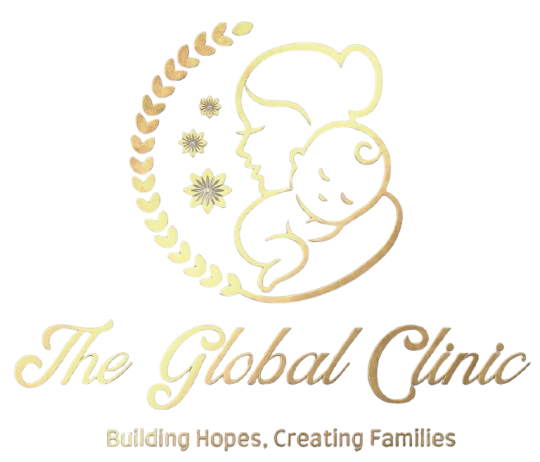About US

Global IVF Clinic is the Best Fertility Treatment Centre in India, offering the best Fertility Treatments as well as an excellent Assisted Reproduction Centre in Greater Noida.
About US

Global IVF Clinic is the Best Fertility Treatment Centre in India, offering the best Fertility Treatments as well as an excellent Assisted Reproduction Centre in Greater Noida.
Copyright © 2025 globalivfclinic

